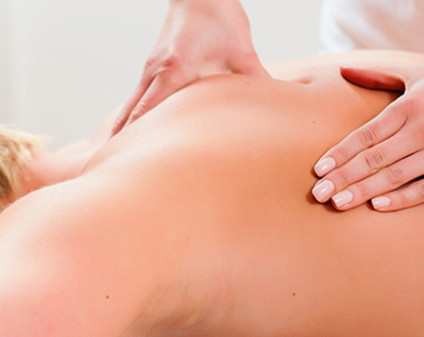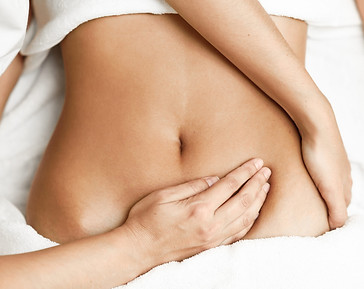LMD for recovering after surgery
Lymphatic drainage after surgery can undoubtedly help you speed up your recovery.
It certainly stands to reason that surgery will cause a shock to the body in the short to medium term, and because of this, it is important to keep in mind that the healing process is just as important as the surgery itself. The type and scale of the surgery you have will affect the extent and impact of the side effects.
It goes without saying that you will need to overcome some initial pain. After that, fatigue and loss of appetite are very common. There are also physical side effects which can include swelling, numbness, bruising, water retention, some pain and possibly bleeding.
Whilst the aim of surgery is to help you improve in the long term, the incisions that are made will cause short-term injury to the body, thus the body becomes inflamed at the site of an injury and this is nature's way of helping you heal.
Lymphatic drainage massage after surgery is an excellent way to help combat these responses as surgery will cause a shock to your body in the short to medium term. During your post-op you must deal with side effects. It's important for you to know when your body is exposed to a big trauma (surgery, liposuction etc), it will respond with side effects. Remember they are normal and are part of the healing process, but to get rid of them fast and have better outcomes, you should start your manual lymphatic drainage sessions as soon as you are allowed by your surgeon
How to schedule Lymphatic Drainage after surgery.
Ideally, you need to receive your first treatment as soon as possible after surgery, depending on how quickly you are allowed home, it makes sense to book that first session within 24 hours of treatment if you can. After that, we would recommend scheduling a further 6 to 10 follow up sessions, as this will help to optimise your healing and ensure your lymphatic system operates normally.
Obviously, this is quite a commitment to make, however, a proper programme of Lymphatic Drainage Massage could help you avoid the need for further surgery down the line which should help to justify the investment.
How Lymphatic Drainage works and why it is important in your recovery
-
The key role of the lymphatic system is to gather excess fluid from tissues.
-
It then purifies it and returns it back into the bloodstream.
-
Lymphatic massage improves the efficiency of your lymphatic system. It can also boost circulation.
-
It also helps redirect fluid into parts of the body where there is a high concentration of lymph nodes.
-
It is especially important post-surgery as it helps speed up the Lymphatic system thus helps to remove toxins and waste.
Signs of infection after Surgery
If you notice one or more of these symptoms visit your GP.
-
Fever
-
Delay in your healing
-
Pus, redness, and pain getting worse
-
Tenderness, warmth, and swelling near your wound
Why is post-surgery treatment so important?
As you read before, there are different factors that influence poorly healing wounds. However, the proper treatment performed by a professional post-surgery therapist will.
-
Promote proper tissue repair
-
Improve impaired wound healing
-
Speed up wound healing and the entire recovery process
-
Avoid infection
-
Prevent fibrosis and seromas
-
Reduce stress and anxiety cause by the surgery and the expectations it produces
-
Relieve pain


